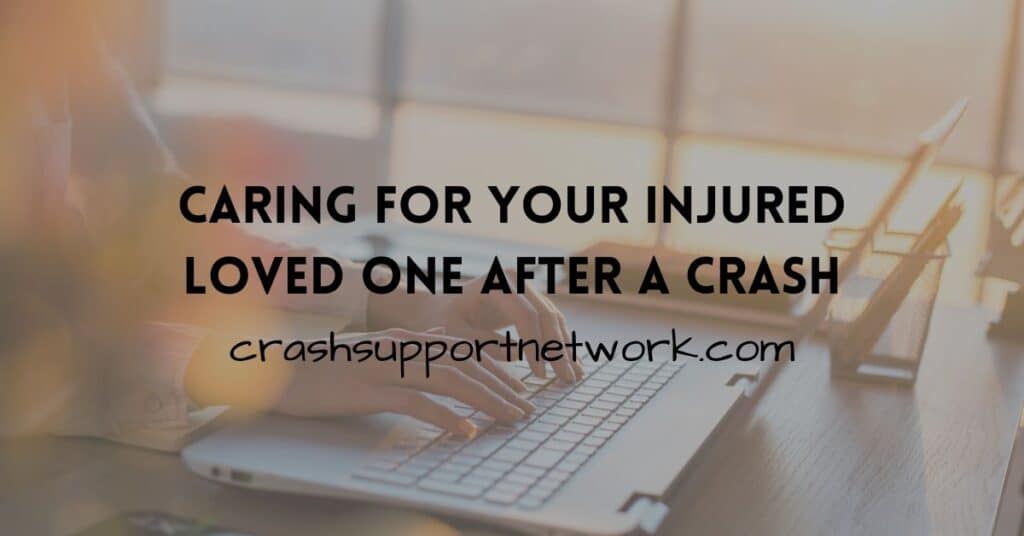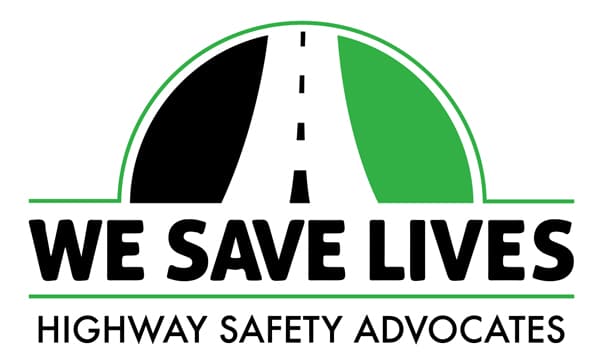
Caring for your injured loved one after a motor vehicle crash can be challenging. In the aftermath of a crash, most of the caregiving in your family may be on the person who has been injured. While it is reasonable that your family’s attention and energy will be focused on your injured loved one, it is also important to reach out for help and perform self-care. A sudden motor vehicle collision affects not only the injured person but the whole family — from financial challenges and social upheaval to isolation and job loss.
Simple tasks such as bathing, dressing, cooking, going to medical appointments and remembering to take prescription medications can suddenly become quite challenging while recovering from a motor vehicle crash and that’s why your support as a caregiver is essential.
How Can You Support a Loved One While Keeping Healthy?
- Don’t try to do it all alone. If a loved one has been seriously injured, our initial temptation as loved ones and caregivers will be to try to do everything. We will arrange medical appointments, drive our loved ones to rehab, manage medicines, call adjusters, make meals and keep on top of the residence. It is impossible to do this all on your own. Ask friends or family to help and consider homecare.
- Take care of yourself. It can be hard to balance caring for yourself while caring for your loved one. However, if you are not healthy emotionally and physically, it will be much harder to care for your loved one. Make sure you’re getting balanced meals, sleep, and exercise. Take time to socialize with people who are not the loved one you are caring for. While your loved one certainly needs you and may not want you to leave, you must be strong and take some time for yourself.
- Take shifts with other family members or bring in experienced help. Doing so can help you to alleviate frustration and stress, and allows you to provide a higher level of care to your loved one.
- Caregiver stress is real—address it before it becomes serious. Social isolation, financial problems, and other difficulties can add to a caregiver’s stress. If you find yourself overwhelmed, worried, angry or sad, you will need to seek assistance.
- Set realistic goals and try to find social support networks. There may be support groups in your community for caregivers. There also may be ways for you to relieve some of your financial stress—either through seeking compensation for your loved one’s injuries through a personal injury lawsuit or through insurance.
If you are caring for a loved one that is recovering from a motor vehicle crash, try your best to understand what they may be going through. You may however, feel like you are facing a double burden – not only are you dealing with the practical aspects of caring for your loved one who is going through an extremely difficult and life changing experience, you also have to be strong when you may be feeling helpless and emotionally drained yourself. This is why it is important to remember that you are not alone.
The aftermath of an auto collision can be challenging for victims as well as their families. Caring for your injured loved one will be stressful but do not be afraid to prioritize your own well-being. When you care for yourself, you are better equipped to care for the person you love.
S. Dawne McKay is a survivor of a horrific crash that changed her life forever. Dawne shares her personal journey as a Crash Survivor Blogger and also collaborates with crash survivors as Guest Bloggers allowing them an opportunity to share their stories. Dawne is also the author of the book, “Talk Crash to Me – What to Expect After Surviving a Collision and How to Manage Your Recovery” which is available for purchase on Amazon.





